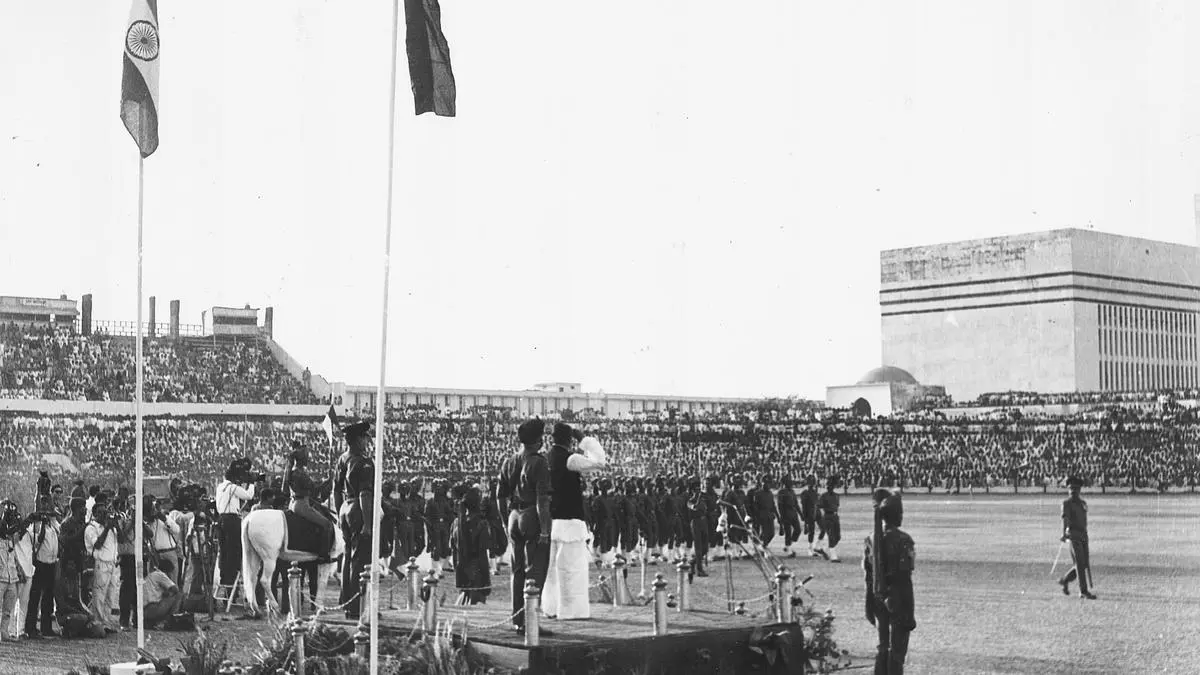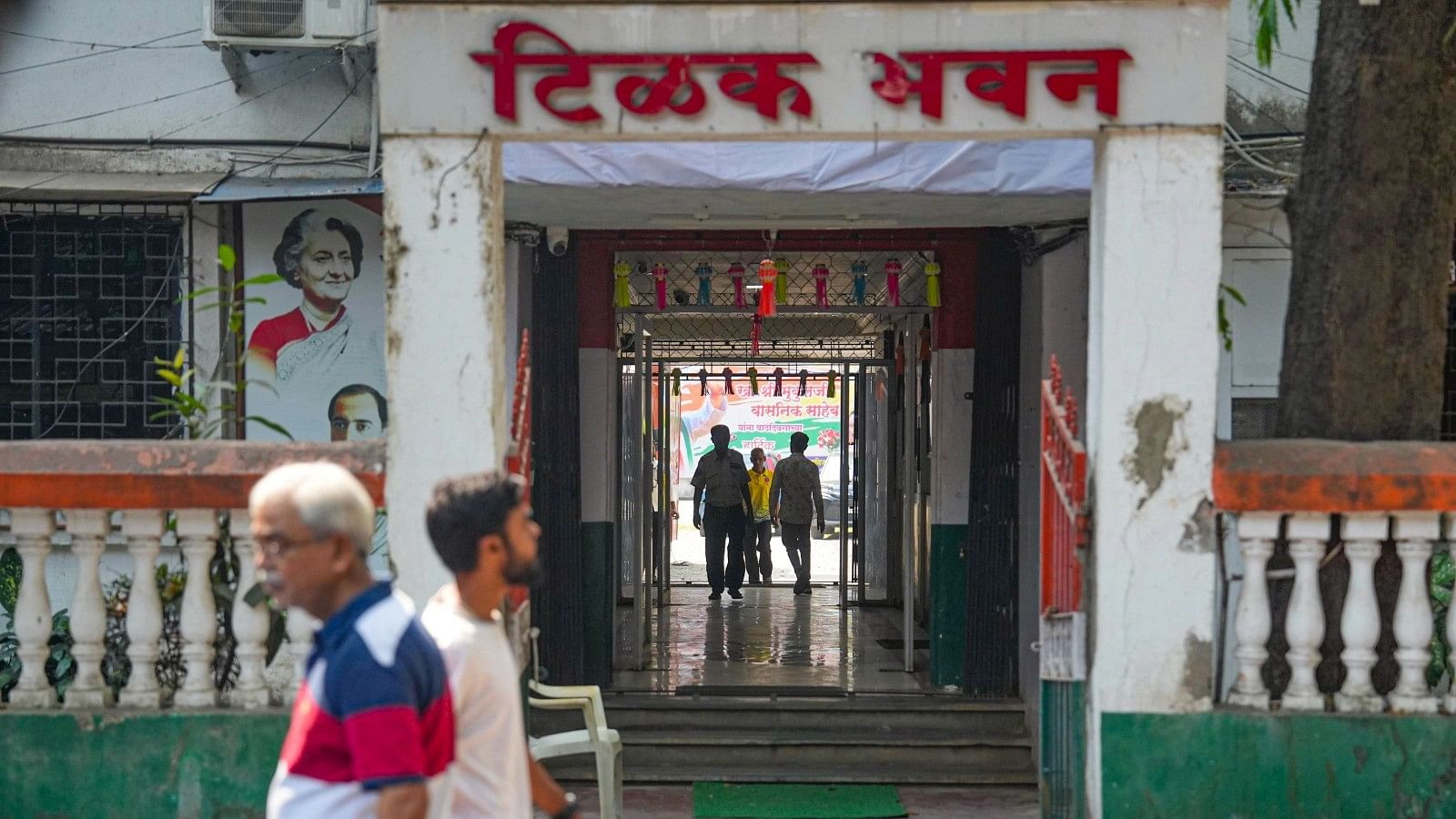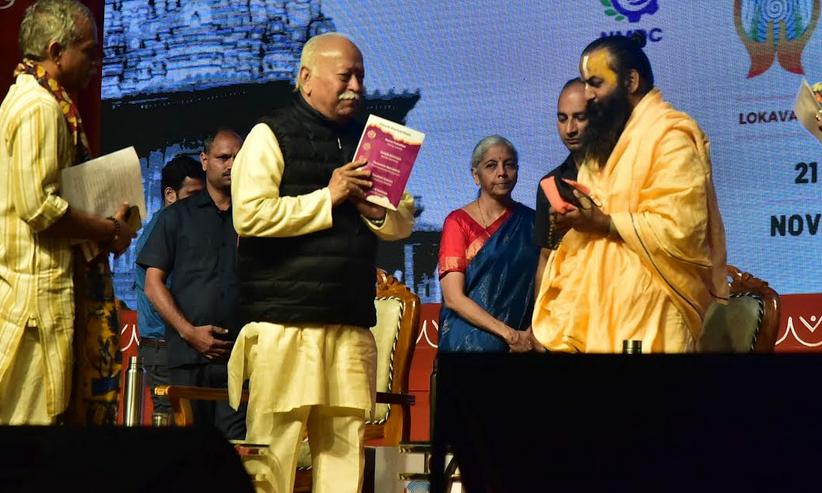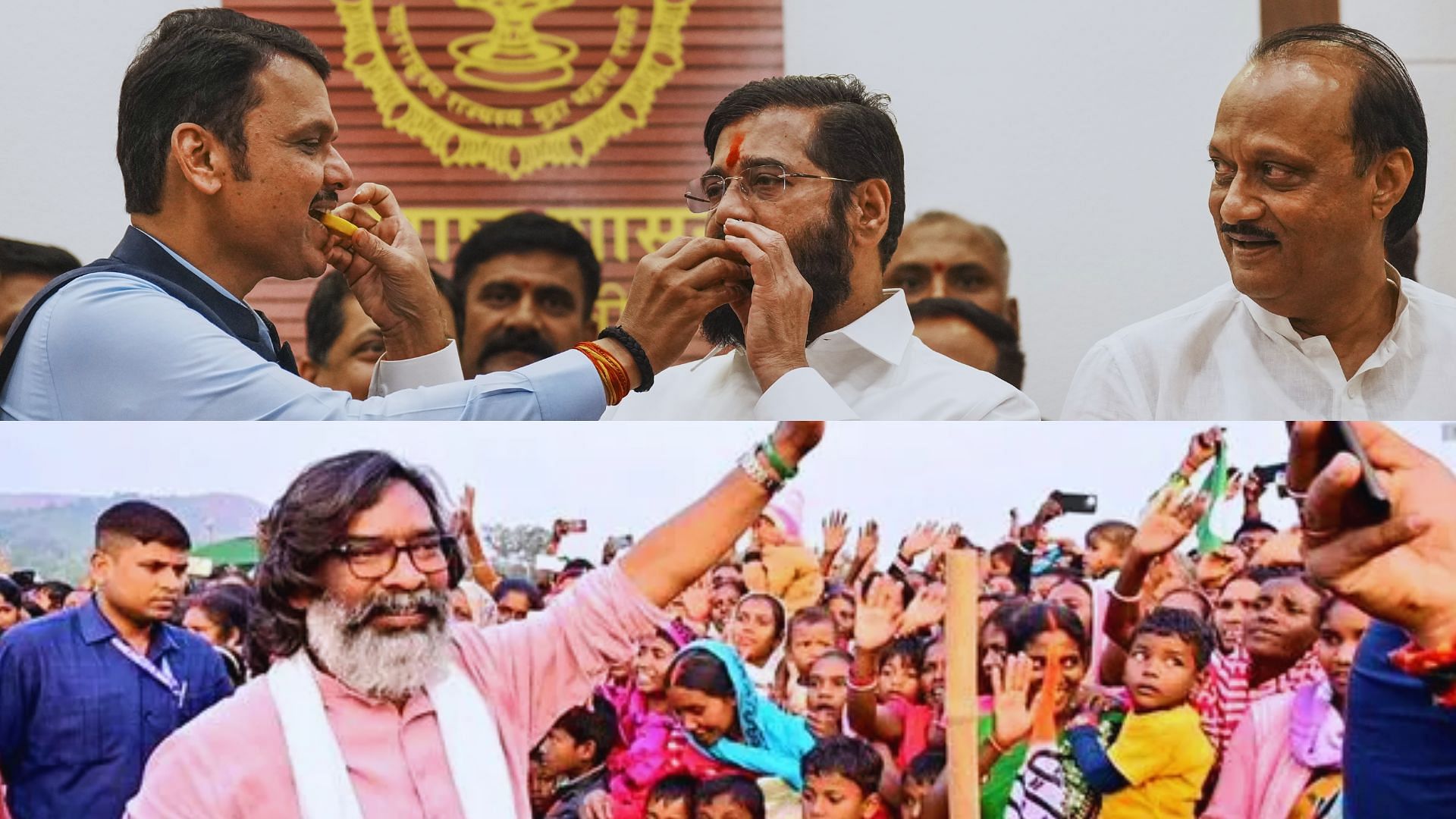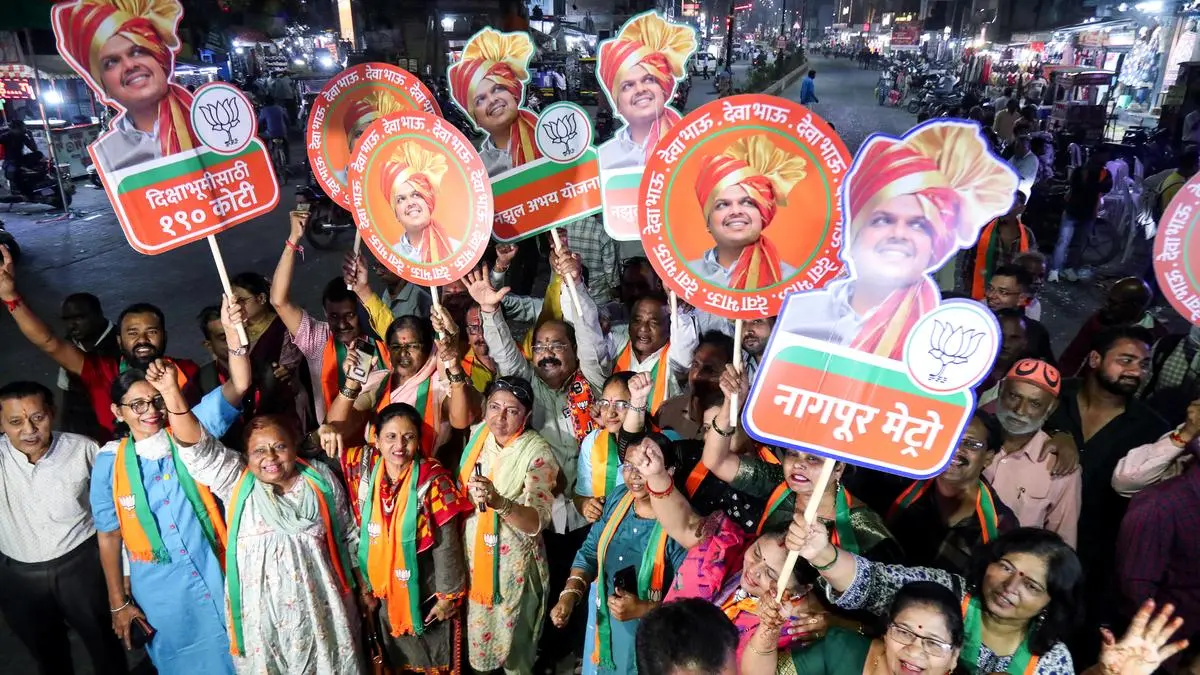
How ideology shapes Indian politics
Hindustan TimesIn the 2014 general elections, the Bharatiya Janata Party notched a historic victory, becoming the first party to win an outright majority in the Lok Sabha since 1984 and only the second party ever to achieve that distinction after the Indian National Congress. The BJP’s behaviour in power suggests that scholars have too quickly dismissed the role of ideology in Indian politics and that, on the contrary, the careful study of political ideology can inform understandings of the political landscape in India. Drawing on this foundational work and more recent political developments, our study identifies three main issue areas around which contemporary Indian political ideology revolves: the role of the State in driving economic and social policy; the role of the State in addressing historical inequalities; and Hindu nationalism. For example, on the issue of the State’s role in poverty alleviation, the survey presented respondents with the following statement: “The government should have special schemes to uplift the poor and disadvantaged.” Similarly, regarding the state’s role in addressing historical inequalities across caste groups, the survey elicited reactions to the statement: “There should be reservations for Scheduled Castes and Scheduled Tribes in schools and universities.” Taking the aggregate set of responses to several such issue statements, we employed ideal point estimation to consider whether individuals’ issue preferences could be explained by an underlying, latent structure, or “ideology,” and, if so, around which issues ideology was organised and how much explanatory power it possessed. Additional analyses suggest that the relationships between ideology and political behaviour detailed above hold even when accounting for variables capturing traditional explanations of politics in India: namely, individuals’ caste and religion and views on patronage politics.
History of this topic
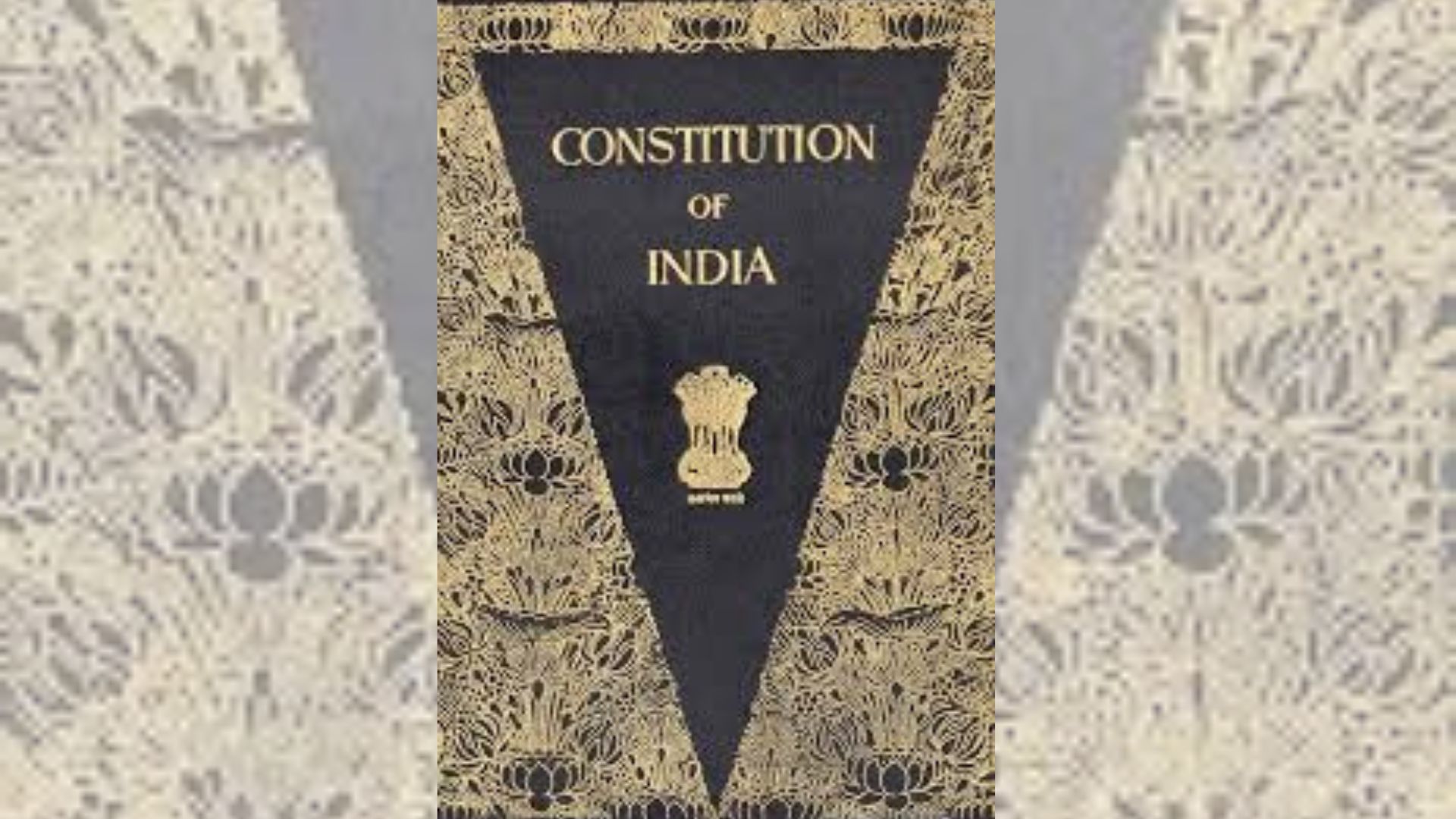
DC Edit | Constitution debate led to only partisan diatribe
Deccan Chronicle
Opinion: Trump 2.0 - Lessons for India's Left
India Today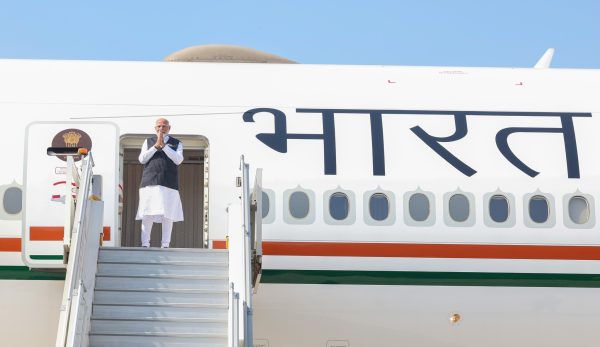
100 Days of Modi 3.0: 5 Takeaways
The DiplomatThe Metamorphosis of Indian Political Thought: From Streets to Ivory Towers
The Hindu
The tactically silent Indian Muslim voter
Hindustan TimesPolitical Line | The battle is in the Hindi belt. Rahul Gandhi can’t fight it in Kerala
The Hindu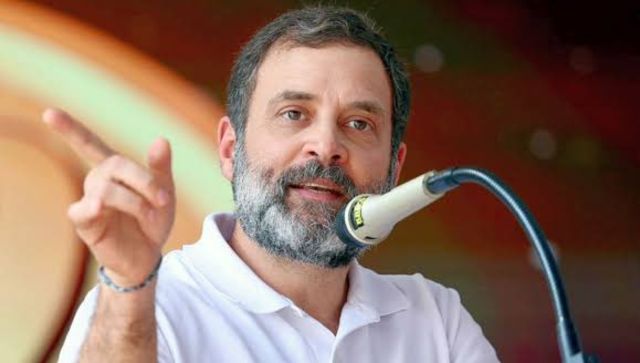)
'Idea of India attacked by BJP ideology, nation's wealth handed over to few businessmen': Rahul Gandhi
Firstpost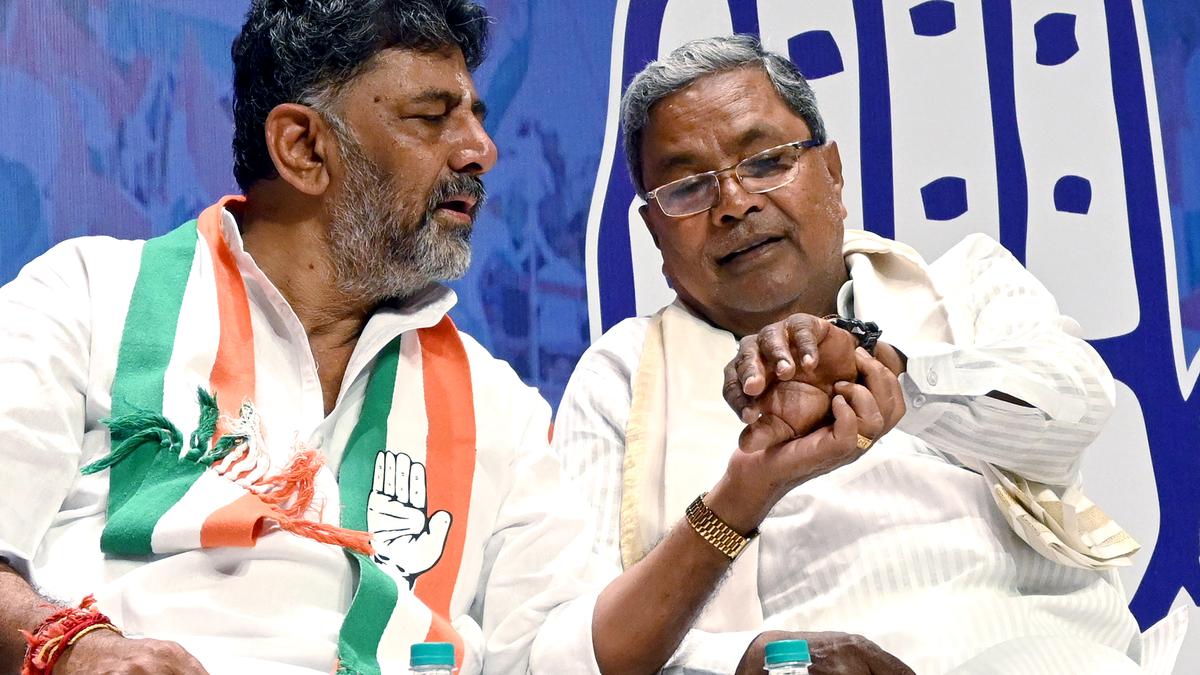
Is there a clear north-south divide in Indian politics?
The Hindu)
Dharma Files | Some limitations of Marxism in an Indian context
FirstpostPolitical Line | India@75: state of democracy, the freebie debate, new Kashmir voters and more
The Hindu
India@75 survey: Political divide rising, creating strain in relationships
Live Mint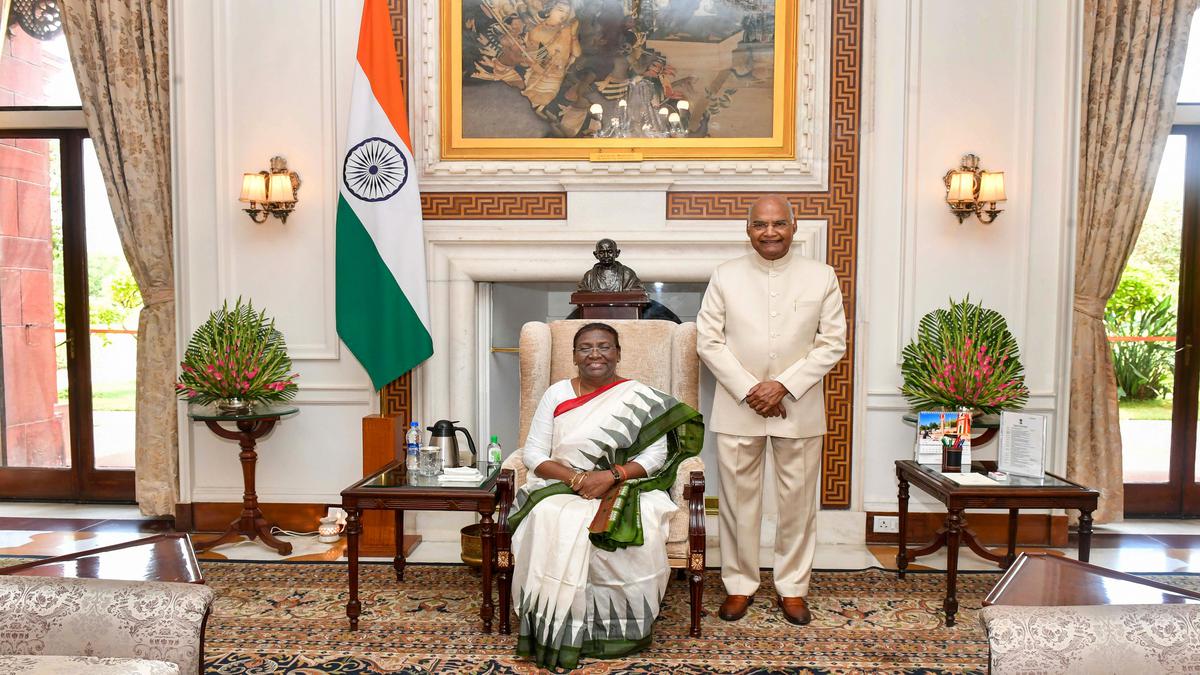
Presidential elections, BJP’s Muslim outreach, political films and more | Political Line
The HinduHow do we frame the battle for the ‘idea of India’?
The Hindu
Sunanda K. Datta-Ray | Identity politics threat to social cohesion in India
Deccan Chronicle
Congress Ideology is 'Beautiful Jewel', but Overshadowed by BJP: Rahul Gandhi
News 18
There is a political effort to depict our current government in a certain way: Jaishankar
Live MintDiscover Related





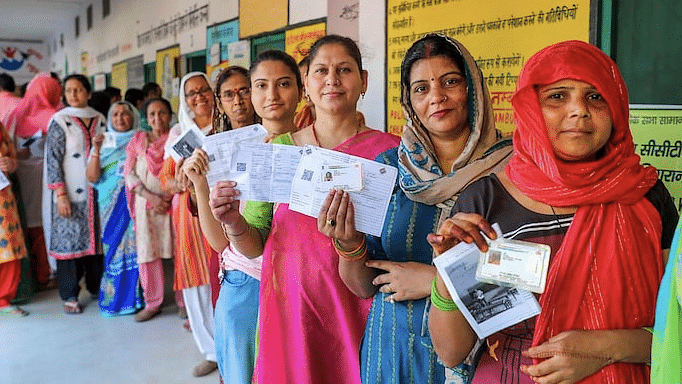

)

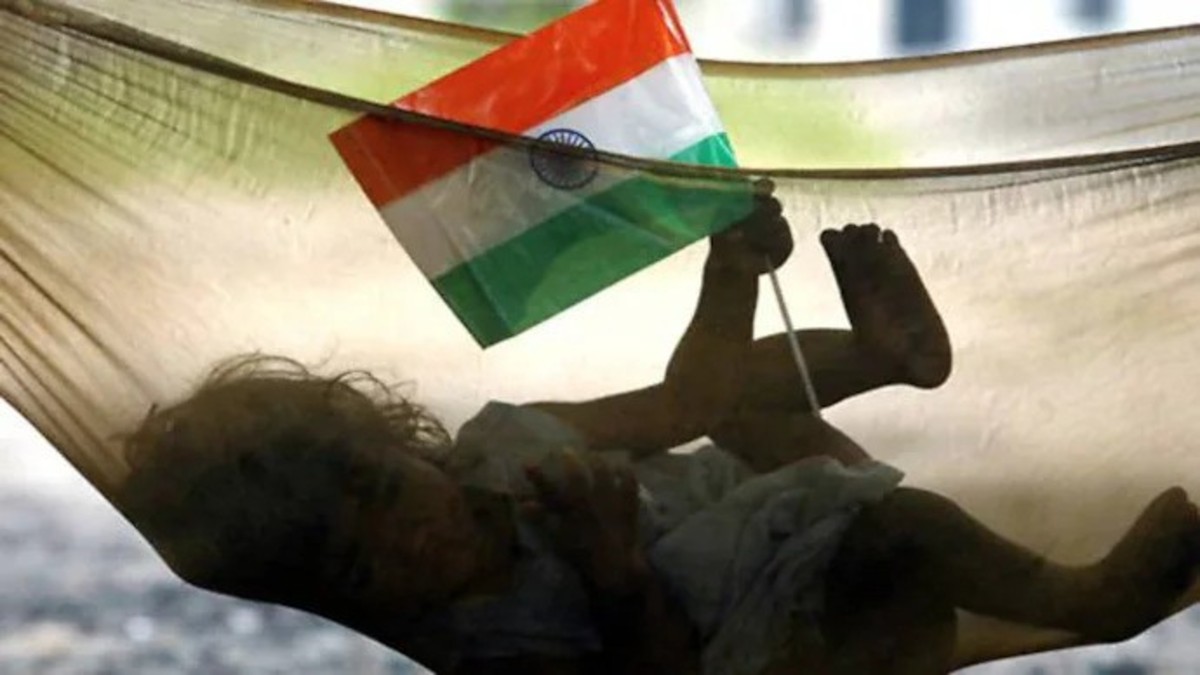)

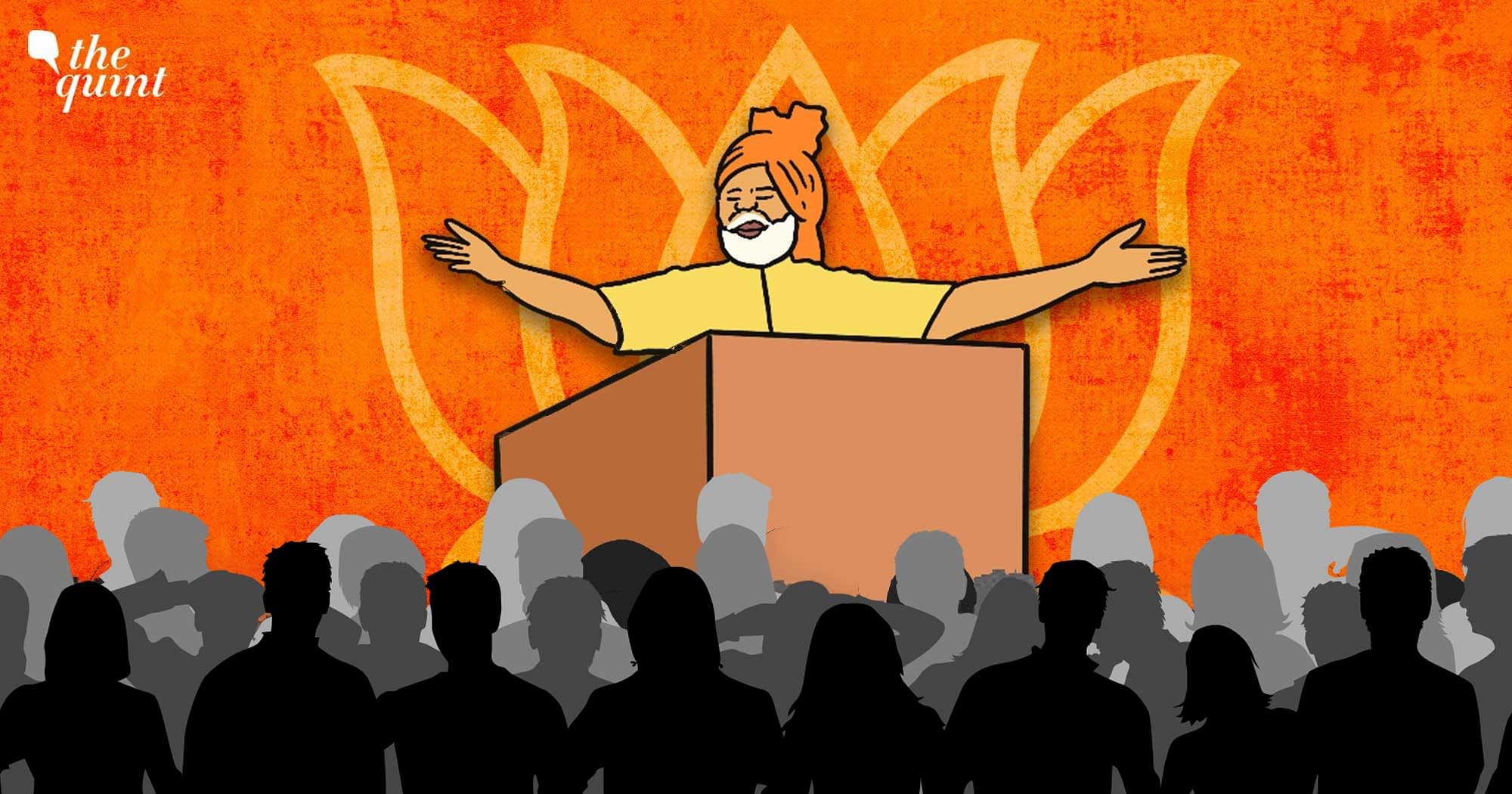
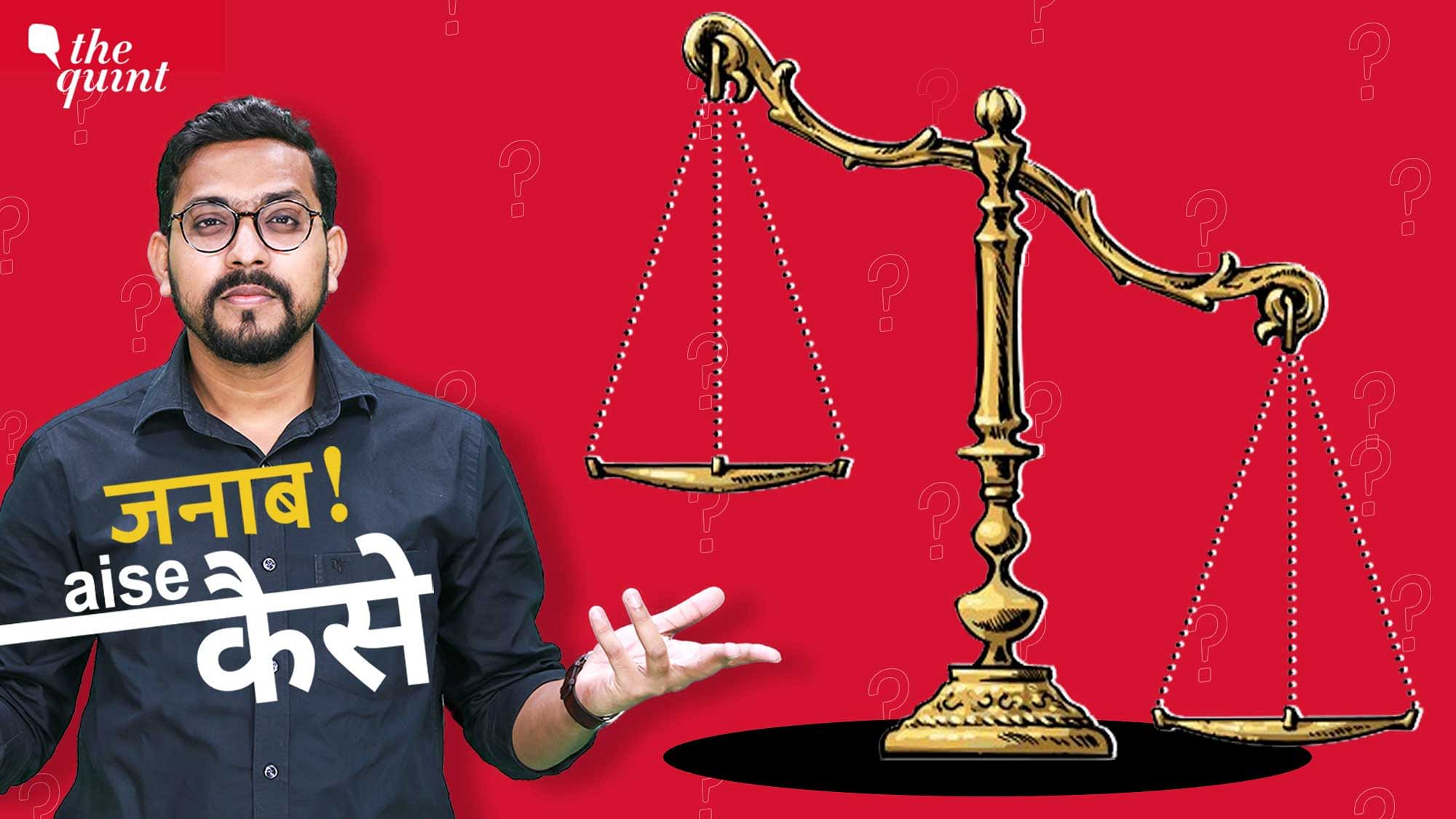
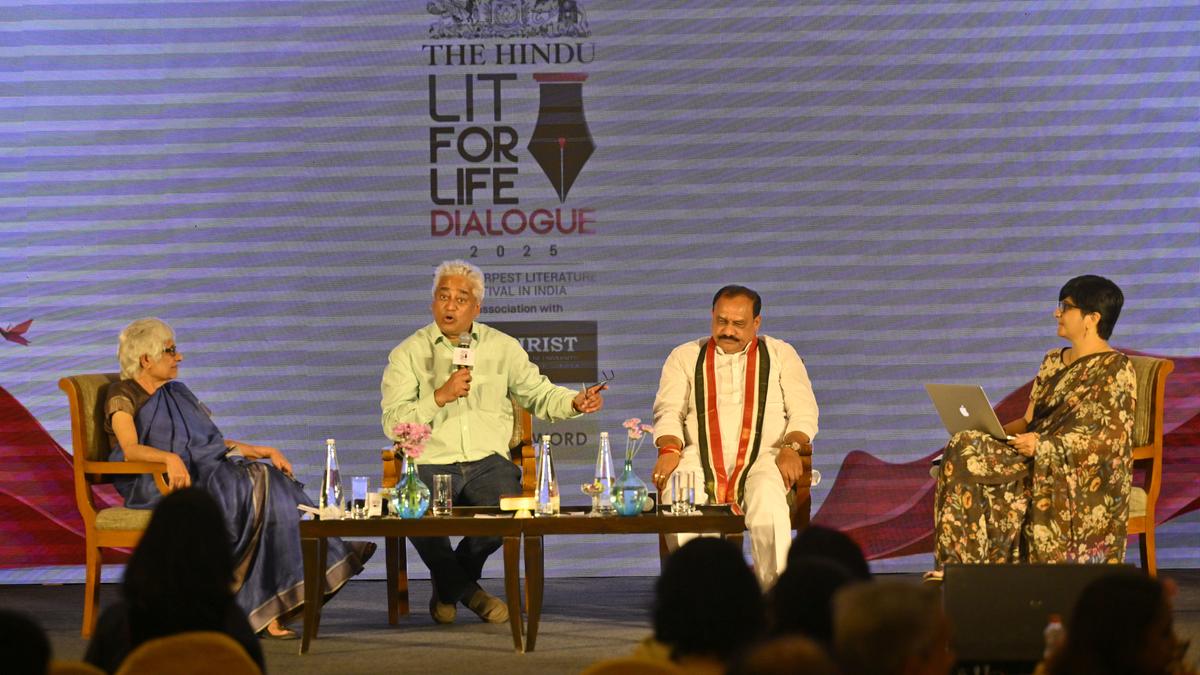
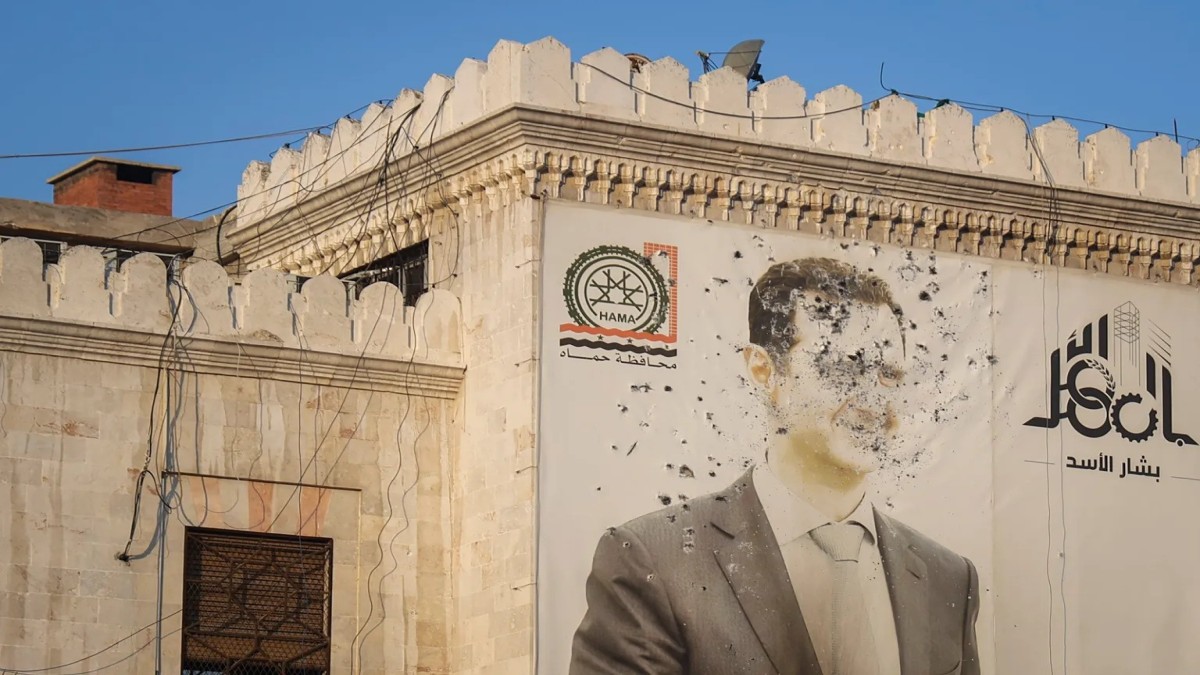)
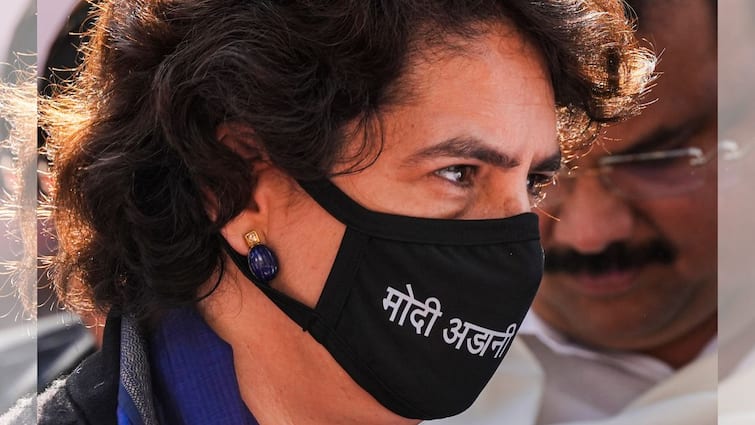

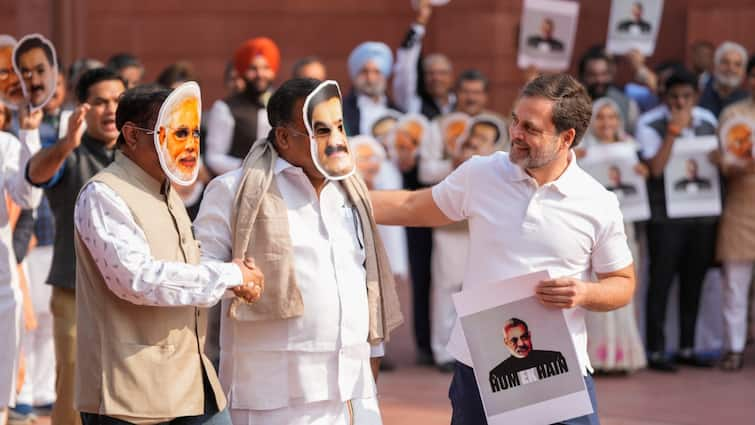

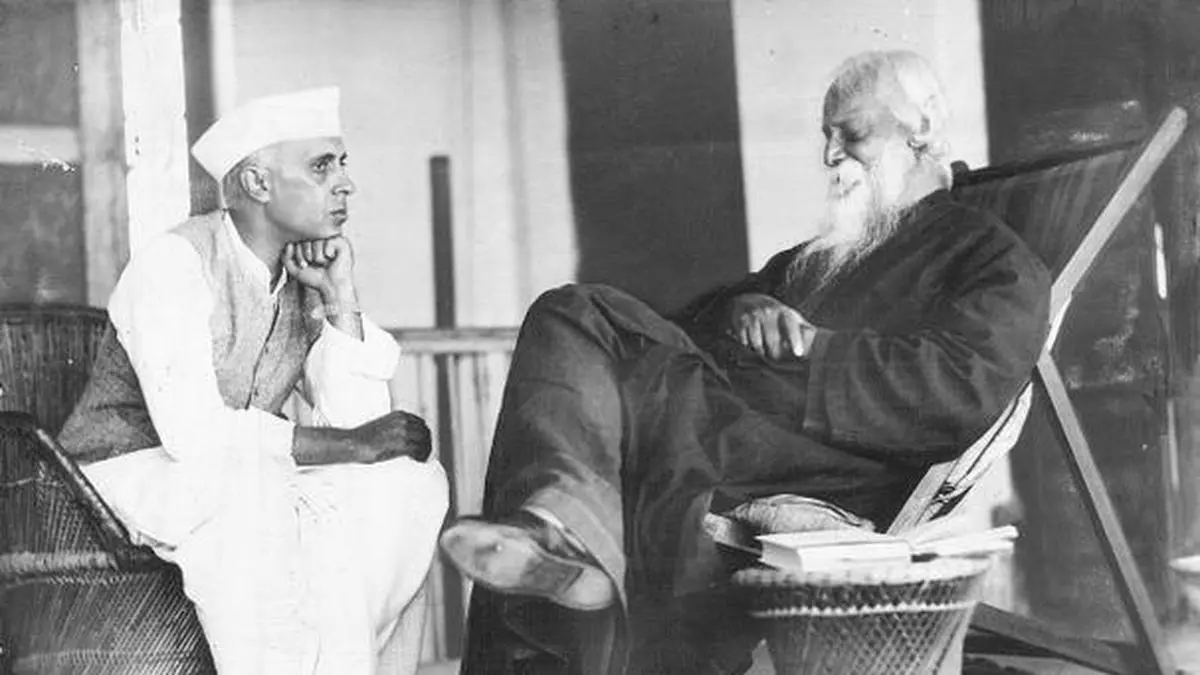
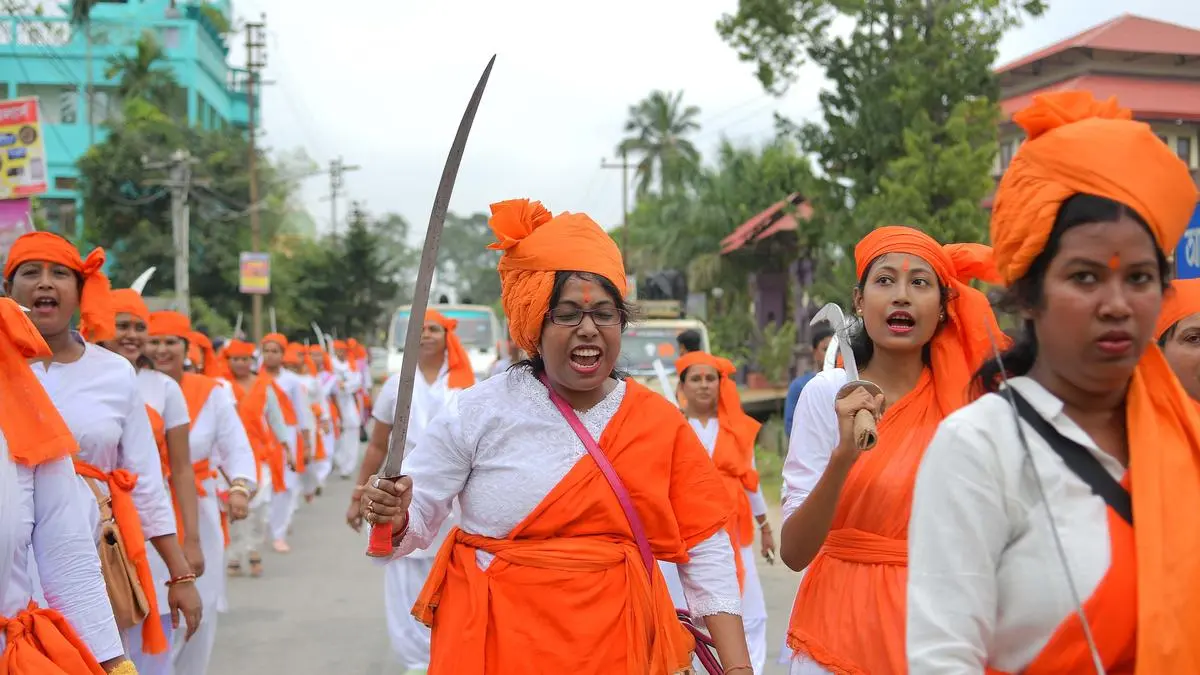
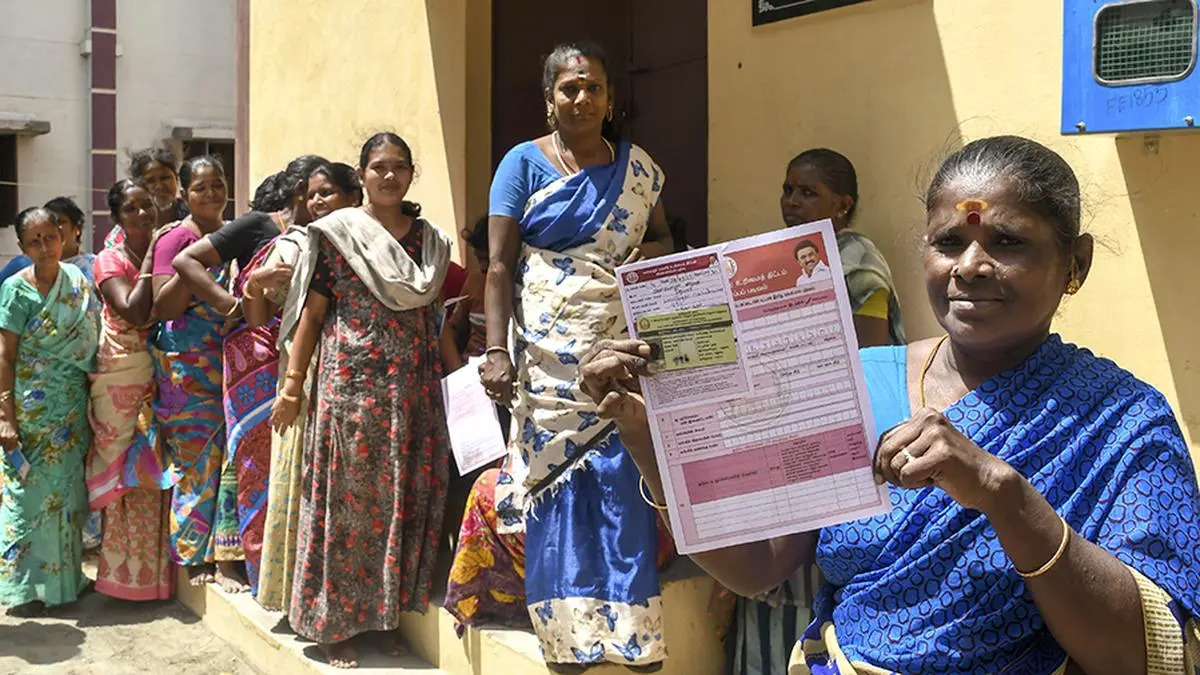
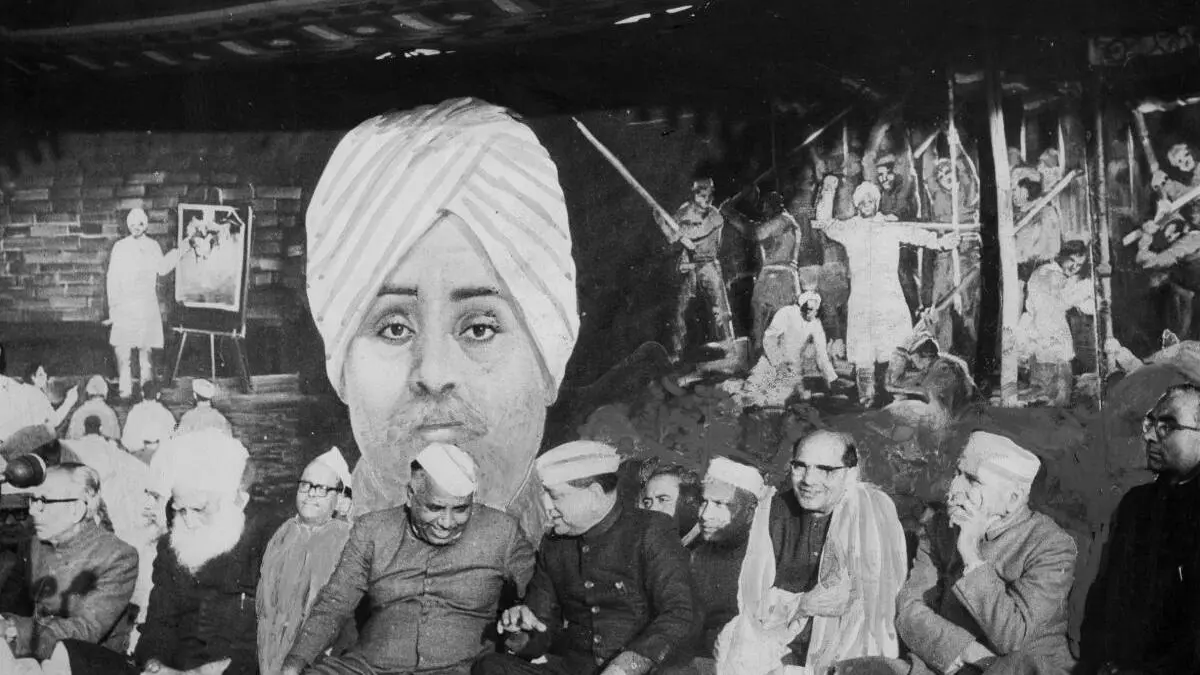




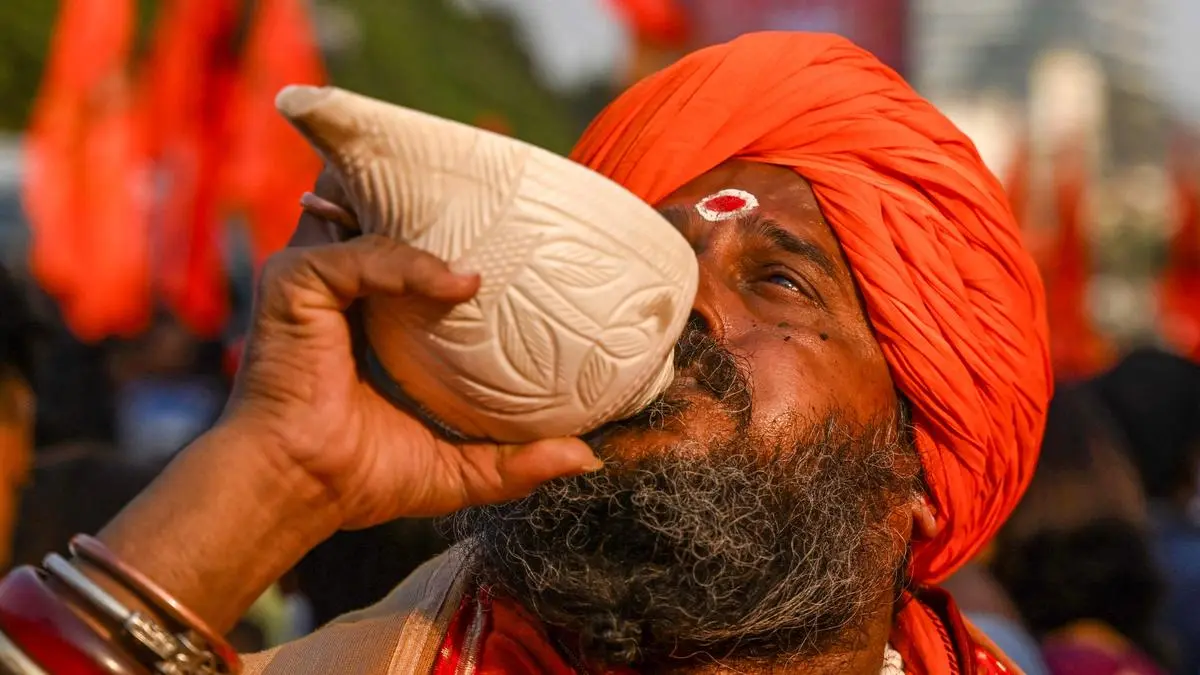
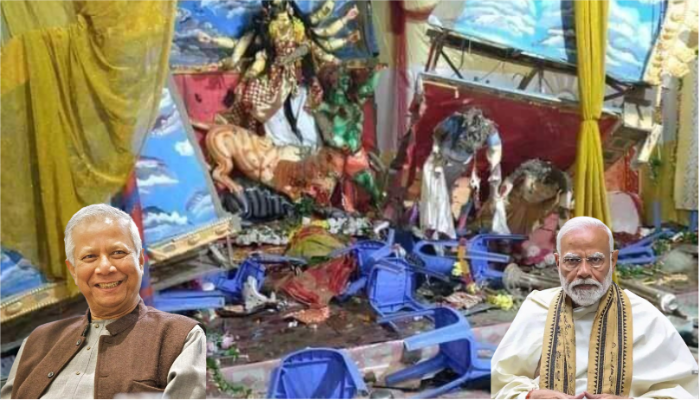

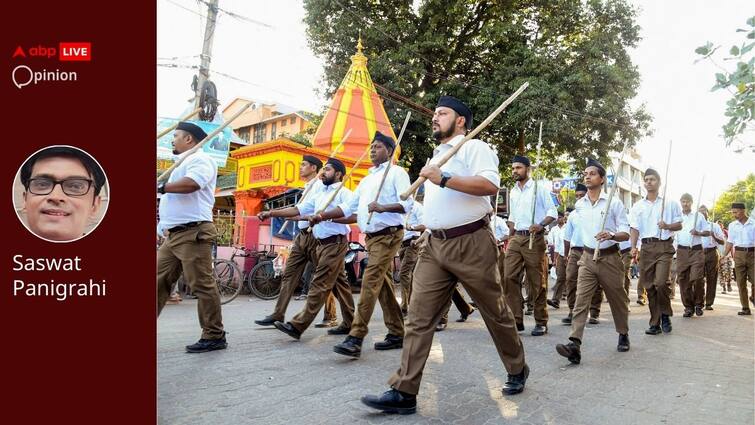



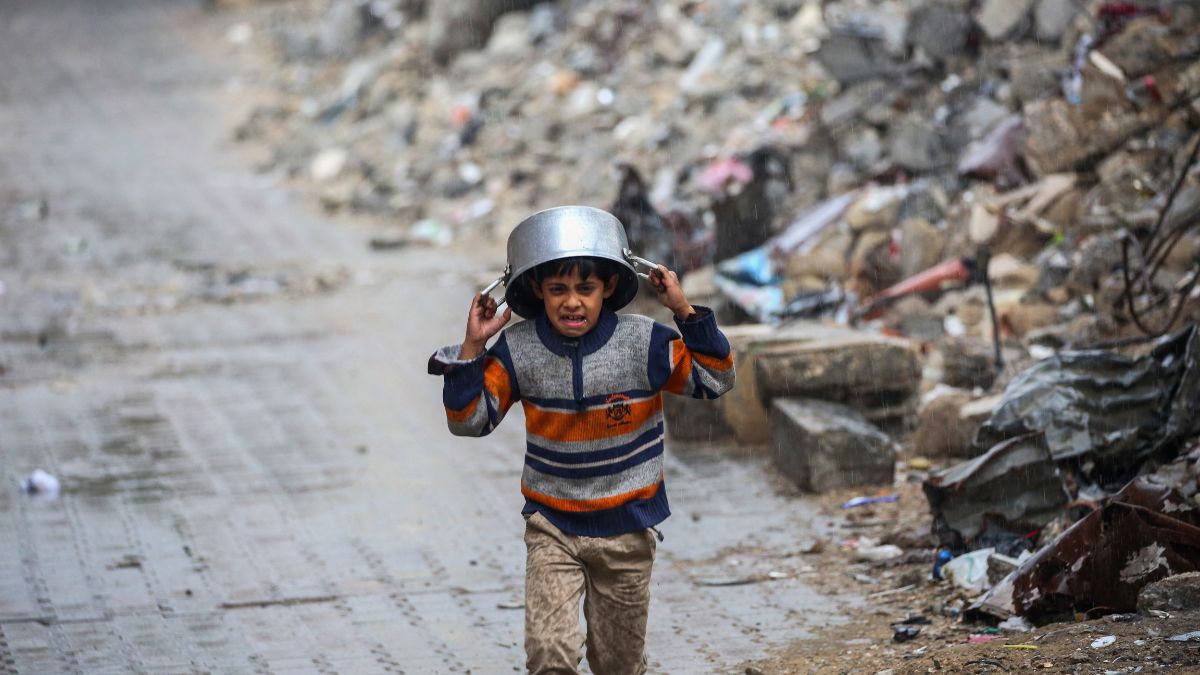)


